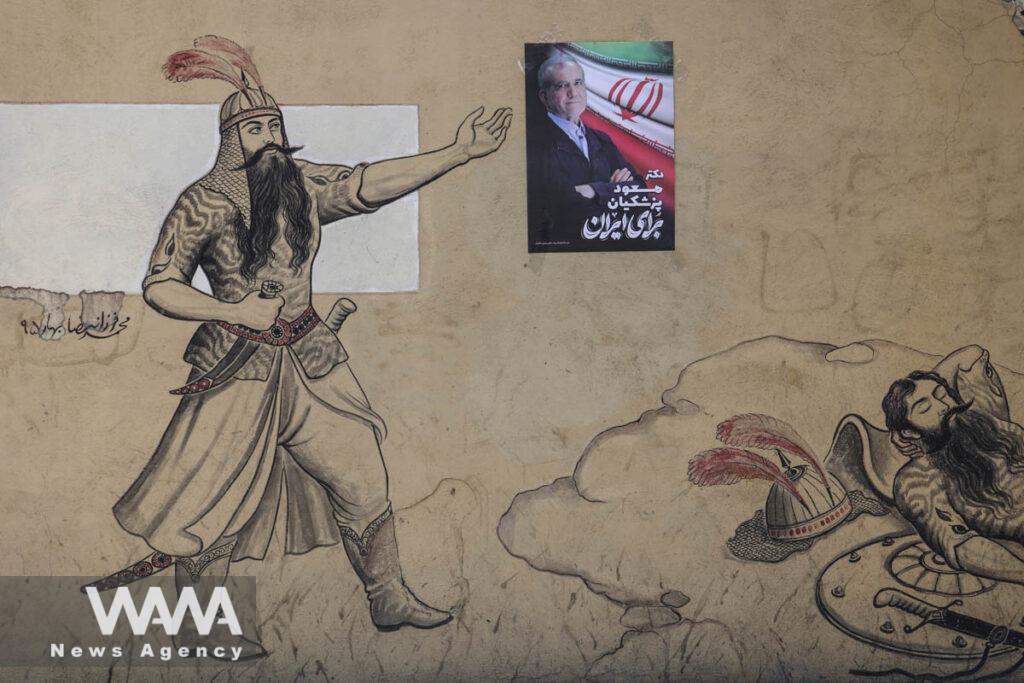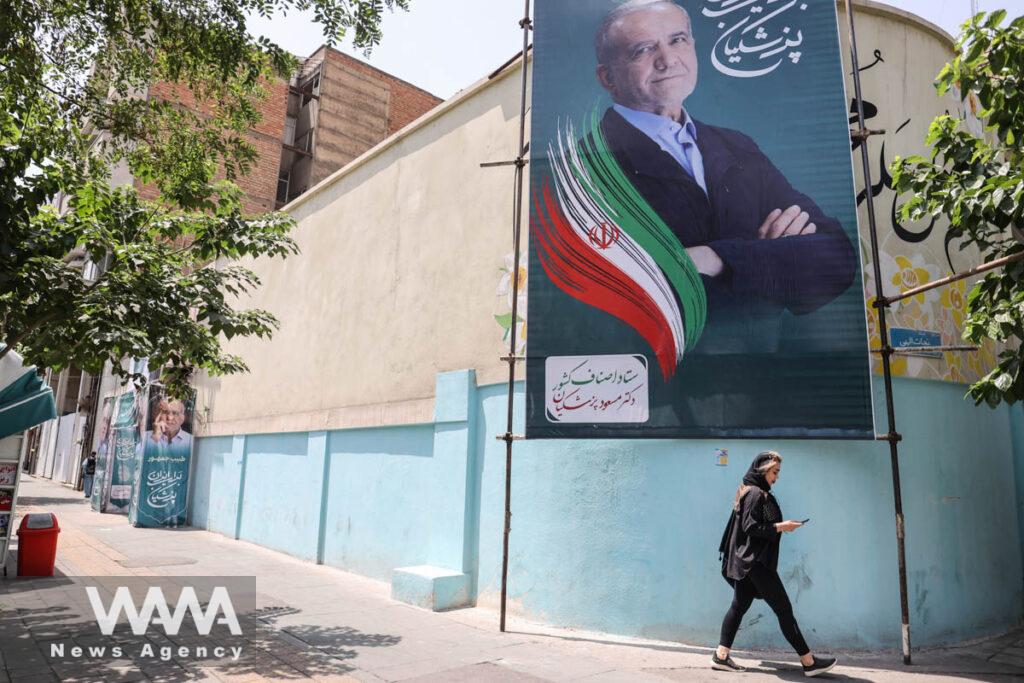New Government, New Foreign Policy Challenges
WANA (July 07) – With the establishment of a new government in Iran, the international difficulties facing this administration will gradually become more pronounced.
In the regional context, southern Lebanon has the potential to ignite and turn into a new crisis hotspot.
Meanwhile, the war in Gaza has not ended, and Iran’s stance on the regional arrangement post-Gaza war is of significant importance.

Anti-Western President, the Choice of Iranians Abroad
WANA (July 7) – The voting behavior of Iranian expatriates reveals some surprising findings. Despite the extensive propaganda against the conservative candidate Saeed Jalili, he managed to secure more votes than the reformist candidate, Massoud Pezeshkian. None of the tactics aimed at instilling fear about Jalili—such as warnings that his presidency would severely damage […]
In the Caucasus, Armenia and Azerbaijan have not reached a lasting peace, and the situation remains fragile, with the potential for efforts to change international borders.
In Kabul, there is a government that, despite Tehran’s mild behavior, does not see any importance in participating in the Tehran meeting on Afghanistan.
On the southern shores of the Persian Gulf, normalization of relations with the Gulf Cooperation Council (GCC) has not concluded, and the GCC, especially the UAE, makes claims against Iran’s territorial integrity. Saudi Arabia is also more eager to normalize relations with Israel.

A poster of presidential candidate Masoud Pezeshkian is displayed on a street in Tehran, Iran, July 1, 2024. Majid Asgaripour/WANA (West Asia News Agency)
Across the Mediterranean, the European Union is considering new actions against Iran, and Britain, despite leaving the EU, is active on a transatlantic front.
November 2024 could see the beginnings of Trump’s return. Predicting Trump’s reaction to the Iran issue is very difficult. In October 2024, the expiration of the snapback mechanism outlined in Resolution 2231 will also occur.
Resolution 2231 calls for Iran to refrain from activities related to nuclear-capable missiles. It requests that Iran avoid any activity concerning ballistic missiles designed to be capable of delivering nuclear weapons, including launches using such ballistic missile technology.

Iran Elections and Fraud Allegations
WANA (July 08) – Allegations of electoral fraud in Iran have been a recurrent and contentious issue throughout the Islamic Republic’s political history. These claims have been raised repeatedly since the Islamic Revolution and have consistently elicited various reactions from officials and the public. The peak of these allegations was during the 2009 presidential […]
It is expected that comprehensive and combined diplomatic pressures against Iran will intensify before the snapback mechanism expires.
The snapback mechanism, intended for dispute resolution as anticipated in the JCPOA, is a process where if a JCPOA participant concludes that another participant is not adhering to the commitments, they can file a complaint with the Joint Commission.
The snapback mechanism was included in the JCPOA at the insistence of the Americans to ensure that if Iran violated the agreement, international sanctions lifted by the JCPOA could be re-imposed swiftly through an automatic snapback.
The ship of Iran’s foreign policy can navigate these challenges safely and firmly, but this navigation requires special measures—measures based on dignity, wisdom, and expediency.
By A.M. Hadian

A banner of presidential candidate Masoud Pezeshkian is displayed on a street in Tehran, Iran, July 1, 2024. Majid Asgaripour/WANA (West Asia News Agency)












